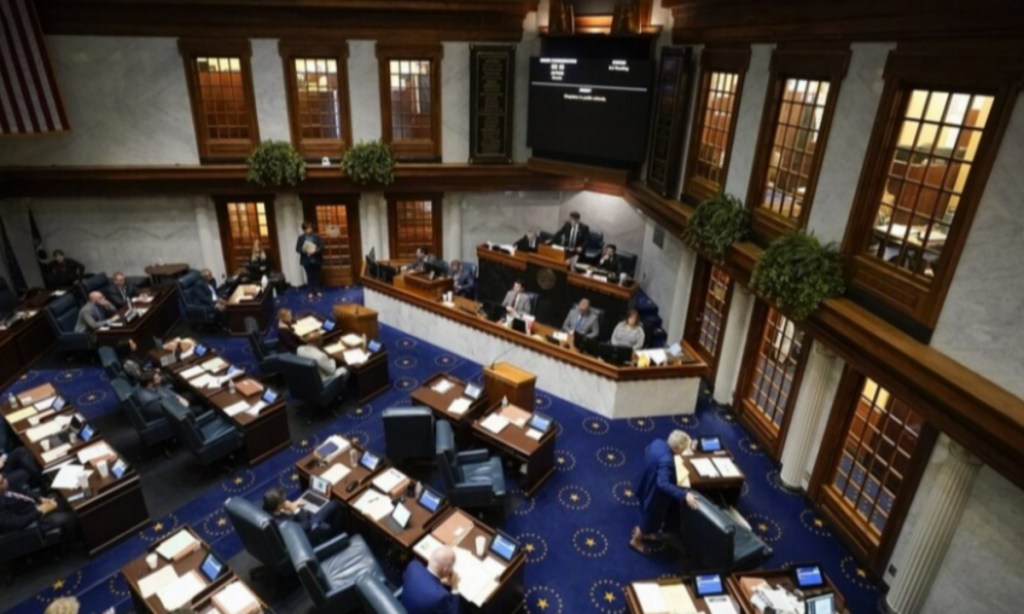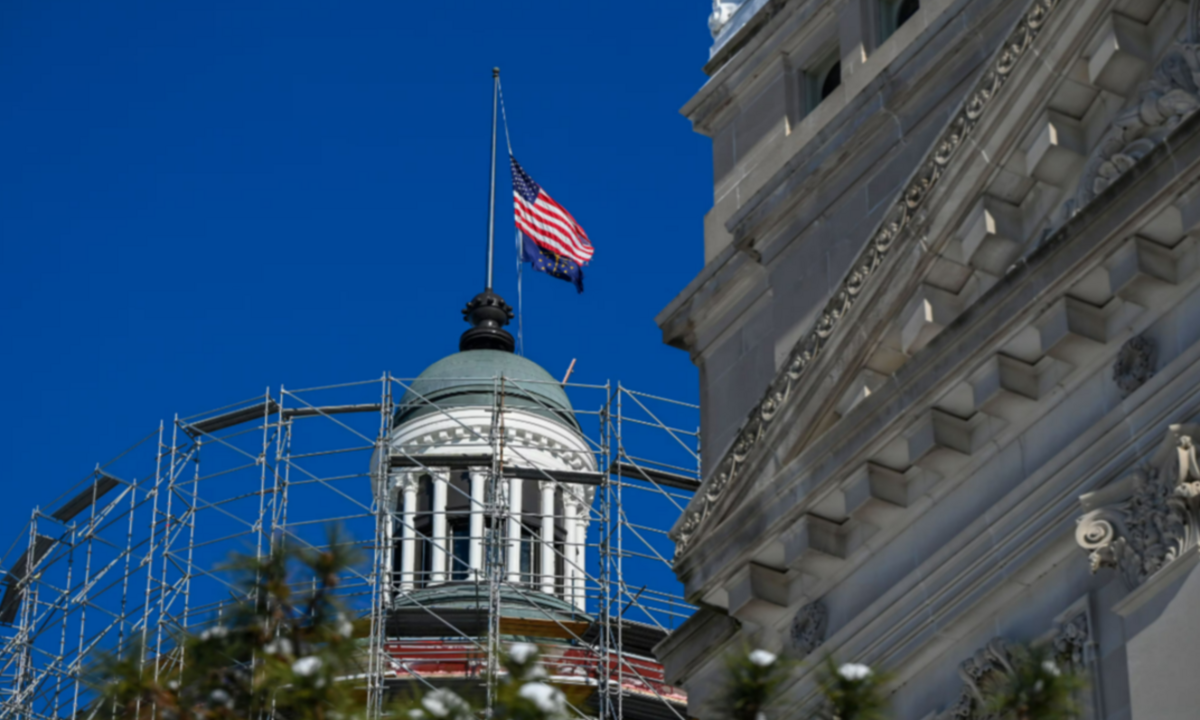A recent Indiana legislative committee meeting on university budgets took an unexpected turn when State Representative J.D. Prescott (R-Union City) criticized Ball State University, claiming that some faculty members promoted views he disagreed with.
Among those he singled out was Professor Michael J. Hicks, whom he accused of being “too woke.”
Hicks, however, is a lifelong conservative, making Prescott’s remarks particularly puzzling. The incident has ignited a broader debate on academic freedom, political labels, and the ongoing push to regulate Diversity, Equity, and Inclusion (DEI) programs in Indiana universities.
Who is Professor Michael J. Hicks?
Professor Michael J. Hicks is the Director of the Center for Business and Economic Research at Ball State University. He is also a distinguished professor of economics and a former infantry officer in the U.S. military.
Hicks has spent decades researching conservative economic policies, supporting free-market principles, school choice, and tax reforms. His work has been cited by prominent conservatives, including George Will, Stephen Moore, and Phil Gramm, and has appeared in both libertarian and conservative think tanks like the Cato Journal and the Mackinac Center for Public Policy.

Hicks’ Response to the ‘Woke’ Label
Following Prescott’s remarks, Hicks responded with confusion and irony, questioning whether the lawmaker truly understood what “woke” meant.
“I confess to not know precisely what he means by woke. I don’t think he does either,” Hicks said.
Hicks further emphasized his conservative credentials, citing his military service, his faith as a lifelong United Methodist, and his research advocating for limited government and market-driven policies. He pointed out that respecting all individuals, regardless of their background, was a fundamental value—a principle he attributes to his faith.
“I also believe each of us deserves to be treated with respect and human dignity, without regard to what language we speak, who we worship, the color of our skin or hair, what gender we claim or where our parents were born,” Hicks said.
Prescott Had Previously Sought Hicks’ Expertise
Ironically, this is not the first time Prescott and Hicks have interacted. Just last summer, Prescott reached out to Ball State University for Hicks’ expert opinion on the Braun-Beckwith tax plan, a controversial proposal affecting Indiana’s tax structure.
Hicks spent over an hour and a half explaining the potential economic impacts of the plan, including concerns about investment incentives and risks to local government revenues.
Despite this, Hicks noted that Prescott only seemed concerned about how the plan might increase taxes on his farm, rather than its broader effects on public services, including education funding.
This revelation has raised questions about the sincerity of Prescott’s recent criticisms of Hicks.
The Broader Debate: DEI and Academic Freedom in Indiana
Prescott’s attack on Hicks is part of a larger political movement in Indiana targeting DEI initiatives and academic discourse in state-funded institutions.
Recently, the Indiana General Assembly has proposed legislation to limit DEI programs and regulate what can be taught in universities. Proponents argue these measures prevent ideological bias, while opponents believe they threaten free speech and academic independence.
What Does ‘Woke’ Really Mean?
The term “woke” has become a politically charged buzzword, often used in debates over social justice, education, and diversity policies. However, critics argue that many politicians use it without a clear definition, applying it to any viewpoint they disagree with—even conservative voices like Hicks.
Hicks’ case illustrates how political rhetoric can sometimes overshadow real policy discussions. If a lifelong conservative, military veteran, and economic expert can be labeled as “woke” simply for defending academic independence, what does that say about the way political labels are being used today?
What Happens Next?
The exchange between Hicks and Prescott is likely to fuel further debates on academic freedom and ideological influence in Indiana universities. With ongoing discussions about DEI policies in the Indiana State Legislature, educators and lawmakers may soon have to clarify the role of politics in higher education.
For now, Hicks remains steadfast in his beliefs, stating that his commitment to truth, respect, and service to the nation has not changed since he first took an oath to the U.S. Constitution at 17 years old.
Disclaimer—Our team has checked this article to ensure its accuracy and eliminate any misinformation. We are committed to providing clear and reliable information for our readers.


